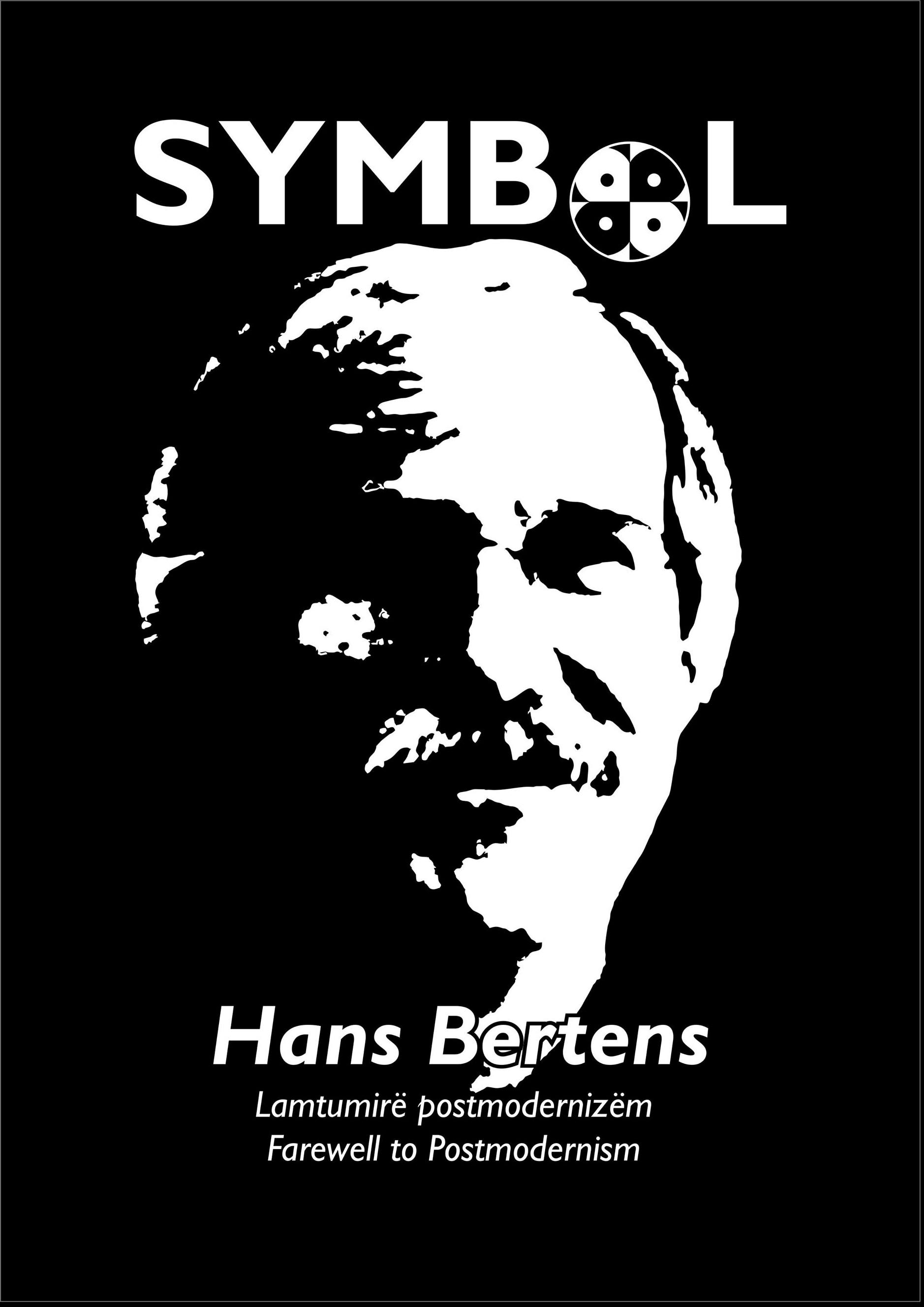Letërsia dhe tranzicioni
Literature and transition
Author(s): Valbona KarakaçiSubject(s): Albanian Literature, Theory of Literature
Published by: Bard Books
Keywords: transition; monologue literature; minimal subject; literary coherence; modern; postmodern;
Summary/Abstract: Closed societies (like the communist ones) after 1989, facing the challenge of being transformed into open societies, built intermediate realities that enabled the bridging from transition into developed societies (an ongoing process). Such realities were massive migration, pyramid schemes, great demographic changes, etc. Whereas the numeric pressure of such phenomena increased, the inherited formal language had naturally failed in articulating and documenting them (how could the cheaters heading the pyramid schemes be formally called? The colloquial language had resolved this challenge by calling them for instance The Competent). At this moment, the role of literature becomes decisive for the memorization of the country’s history. Literature documents transformation and by documenting it, it transforms itself. In this case, the documentation must not be understood as factual evidence, but as an experience record, which expresses deeper realities than the facts themselves (experience as a source and as a consequence of the fact). The objective of this paper will be the observation of a new trend in the Albanian literature produced during the transition aiming to describe a new literary coherence, which uses techniques of modern and postmodern writing, with a view to providing a hypothesis about how the literature developed in a way to overcome the challenge of expressing the reality.
Journal: SYMBOL
- Issue Year: 2019
- Issue No: 17
- Page Range: 76-80
- Page Count: 5
- Language: Albanian

